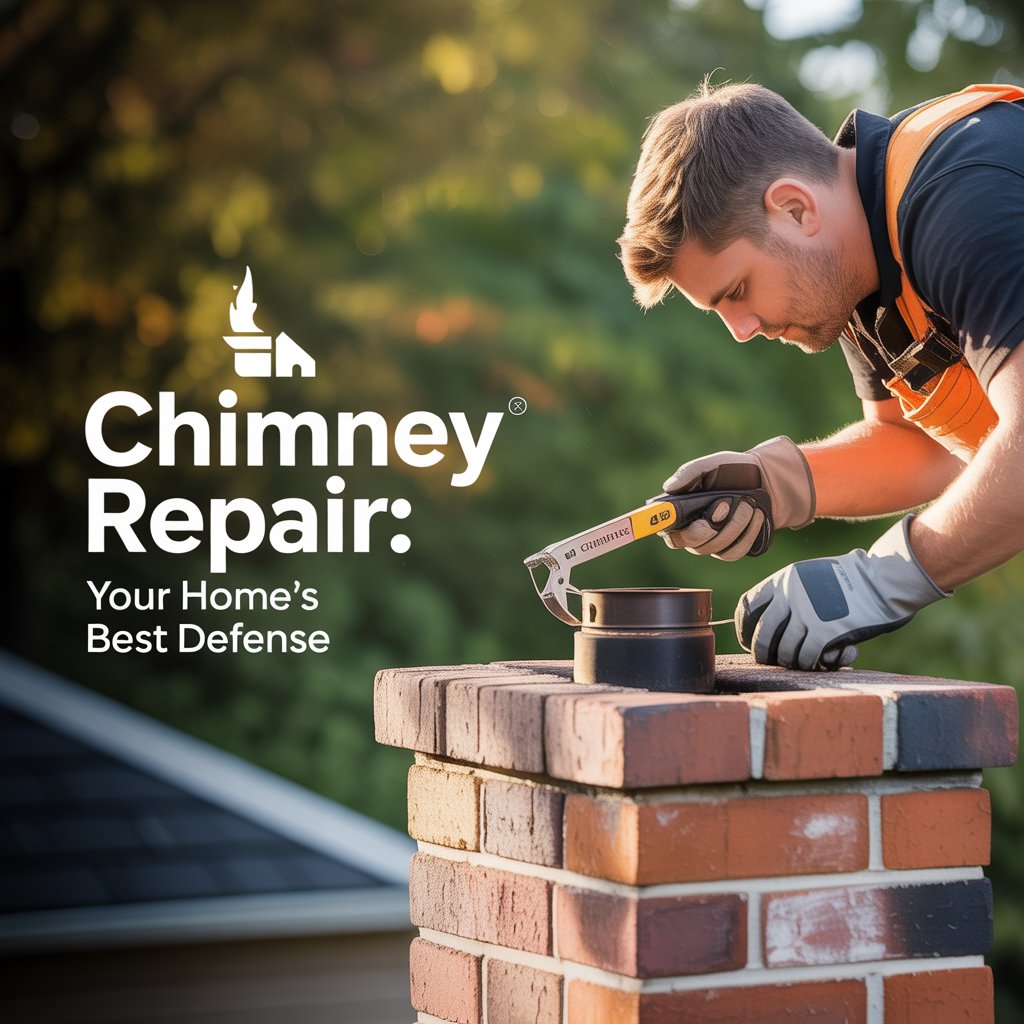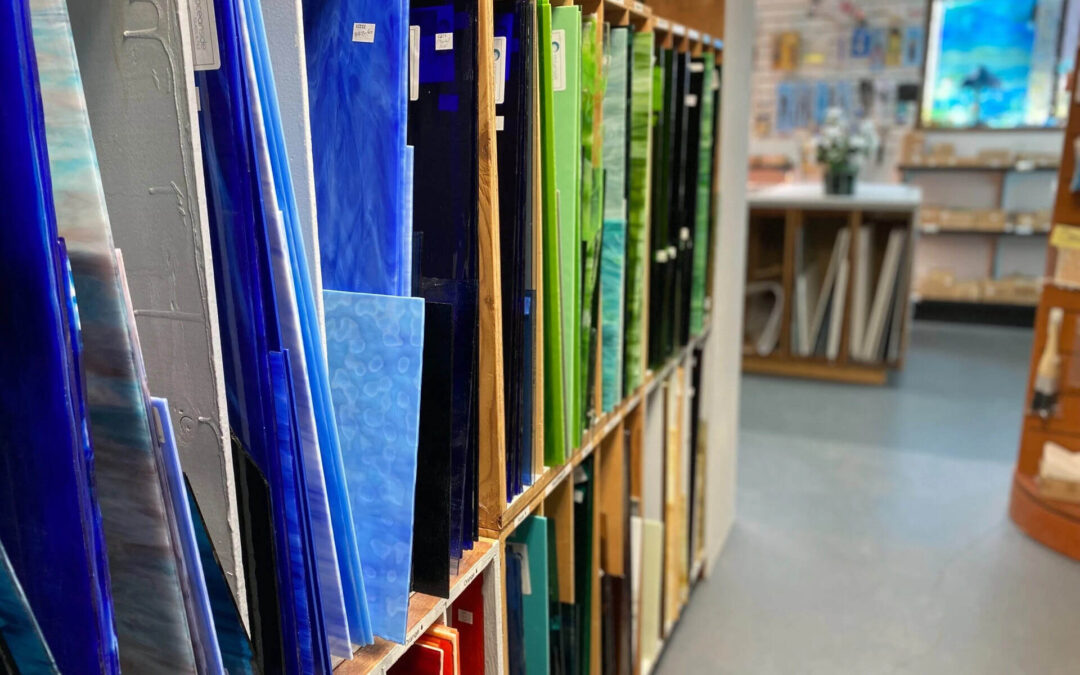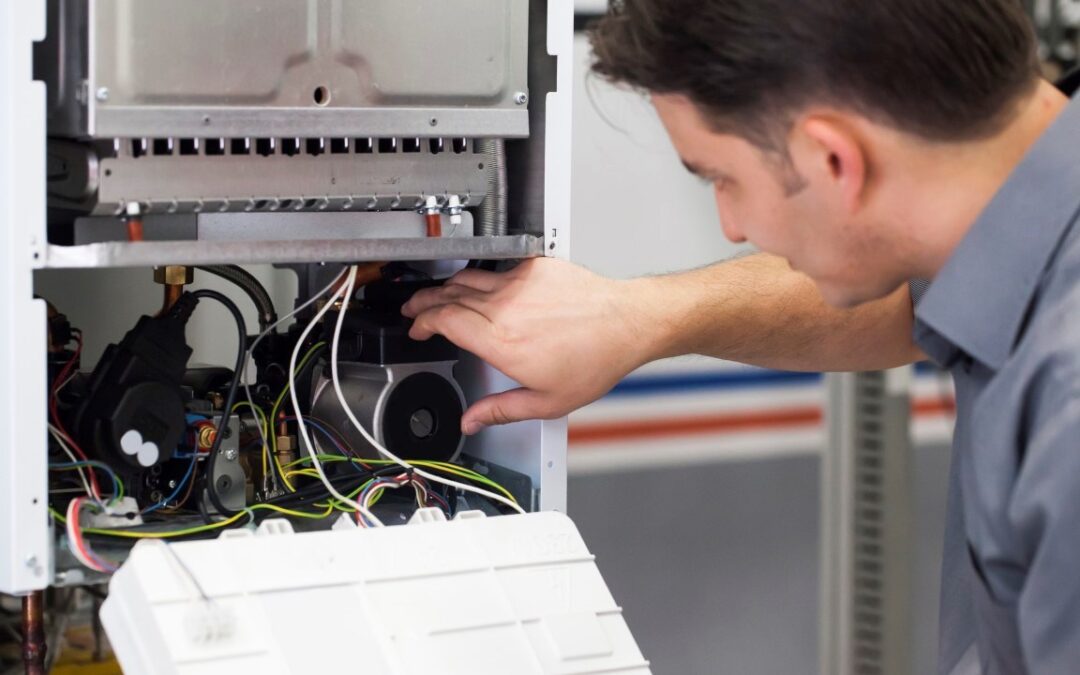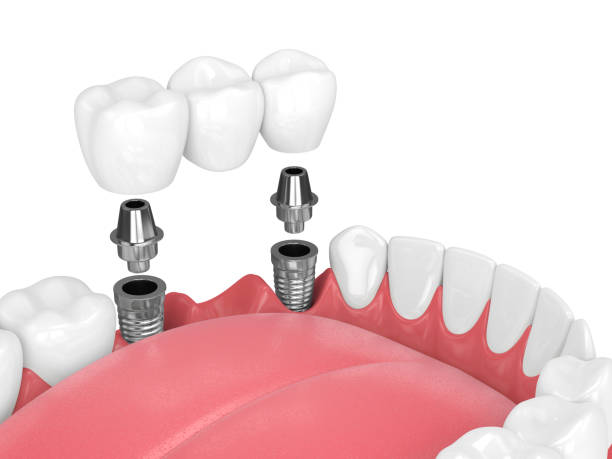Introduction
A well-functioning chimney is essential for safe heating, ventilation, and comfort in any home. Over time, exposure to heat, moisture, and weather conditions can weaken masonry, damage liners, or block airflow. When these issues go unaddressed, they compromise safety and energy efficiency. Chimney repair ensures your fireplace system operates properly, reduces fire hazards, and extends the life of your chimney.
Why Is Chimney Repair Important?
Chimneys play a crucial role in directing smoke, gases, and toxins safely outside. If cracks, leaks, or blockages develop, several problems can arise:
-
Fire hazards from creosote buildup or structural damage.
-
Carbon monoxide leaks when ventilation is impaired.
-
Water intrusion that weakens bricks, mortar, and flashing.
-
Higher heating costs due to inefficiency.
Timely chimney repair safeguards your family’s health and preserves your home’s structural integrity.
What Are the Most Common Chimney Problems?
Homeowners often encounter a range of chimney issues that require professional repair:
-
Cracked or crumbling masonry – caused by weathering and freeze-thaw cycles.
-
Damaged chimney liners – leading to unsafe exhaust flow.
-
Leaking flashing – allowing water to seep into walls or ceilings.
-
Creosote buildup – a major fire risk if not cleaned and treated.
-
Blockages from debris or animals – obstructing ventilation.
What Are the Benefits of Professional Chimney Repair?
Hiring experienced technicians to handle chimney repair offers multiple advantages:
-
Enhanced Safety – Prevents chimney fires and toxic gas leaks.
-
Cost Savings – Fixing small issues early avoids expensive future rebuilds.
-
Energy Efficiency – Improves heating performance and lowers bills.
-
Extended Chimney Lifespan – Repairs protect against severe structural deterioration.
-
Increased Property Value – A well-maintained chimney adds to home appeal and buyer confidence.
How Does Chimney Repair Involve Masonry and Liner Services?
Most chimney repairs focus on either masonry or liner restoration:
-
Masonry Repairs – Repointing or replacing mortar, sealing cracks, and rebuilding damaged sections.
-
Chimney Liner Repair/Replacement – Restores safe airflow and prevents heat transfer to combustible materials.
-
Waterproofing – Protects masonry against further water damage.
Professional Insight on Chimney Repair
“Chimney maintenance is often overlooked, yet it’s one of the most critical elements of home safety. Professional chimney repair not only prevents fires but also ensures that homeowners can use their fireplaces and heating systems with confidence.” – Certified Chimney Safety Expert
How Much Does Chimney Repair Cost?
| Type of Repair | Average Cost (USD) | Notes |
|---|---|---|
| Basic Crack Sealing | $150 – $400 | Minor masonry fixes |
| Chimney Liner Repair/Replace | $1,000 – $3,500 | Depends on material & length |
| Chimney Crown Repair | $300 – $600 | Prevents leaks & deterioration |
| Flashing Repair/Replacement | $200 – $500 | Stops water intrusion |
| Full Chimney Rebuild | $3,000 – $7,000+ | Major structural restoration |
Disclaimer: Prices vary based on chimney size, condition, materials, and location.
What Features Make a Reliable Chimney Repair Service?
-
Licensed and insured technicians with certified training.
-
Comprehensive inspection reports before work begins.
-
Use of modern tools and durable materials for lasting results.
-
Emergency repair availability for urgent safety concerns.
-
Clear estimates and transparent pricing with no hidden fees.
Quick Checklist Before Hiring a Chimney Repair Company:
-
Verify certifications and licenses.
-
Read reviews or request references.
-
Ask about warranties on repair work.
-
Compare estimates from at least two providers.
-
Ensure they offer inspections and follow safety codes.
FAQs About Chimney Repair
Q1: How often should chimneys be inspected or repaired?
Experts recommend annual inspections and prompt repairs if cracks, leaks, or blockages are found. Regular care prevents dangerous buildup and costly damage.
Q2: Can I repair my chimney myself?
Minor maintenance is possible, but most chimney repairs require specialized tools and knowledge. Professional service ensures compliance with safety standards.
Q3: What signs indicate I need chimney repair?
Common signs include crumbling bricks, water stains near the fireplace, smoky odors indoors, or difficulty starting a fire due to poor ventilation.
Q4: Does insurance cover chimney repair?
Insurance may cover chimney repairs if damage results from a sudden incident (like a storm or fire), but not for gradual wear and tear.
Q5: How long does a chimney repair take?
Simple repairs may take a few hours, while complex masonry rebuilds or liner replacements can take several days.
Conclusion
Chimneys are vital for safe and efficient home heating, but they require consistent care to remain effective. Professional chimney repair services help prevent fire hazards, improve energy efficiency, and extend the lifespan of your fireplace system. Whether it’s sealing cracks, replacing liners, or fixing flashing, timely repair ensures your home remains safe, comfortable, and well-protected.







0 Comments